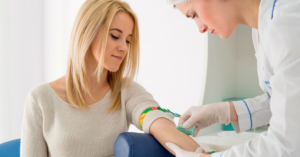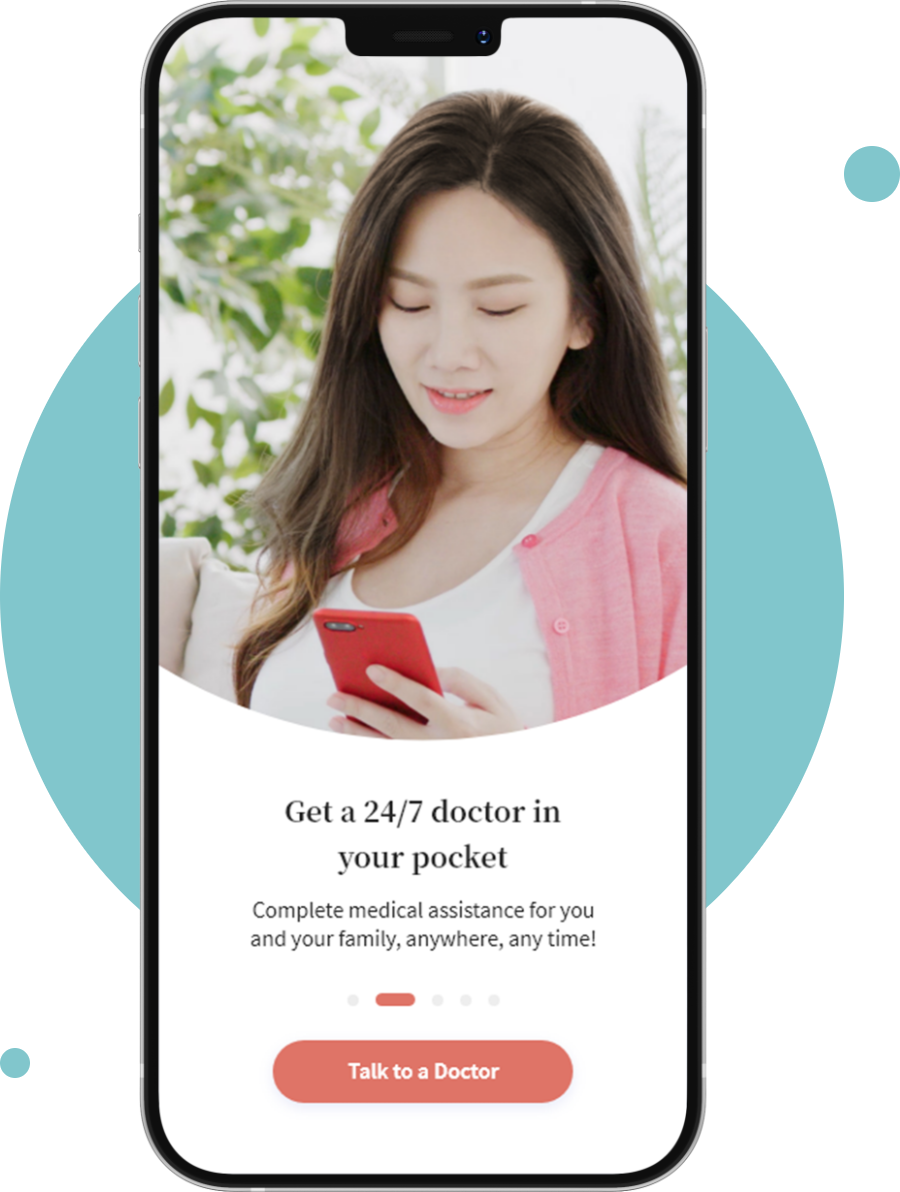Are you thinking of having a baby? This is the start to an exciting, frightening, and wonderful journey into parenthood. You are about to undertake a truly life changing step for both your lifestyle and your body.
Pregnancy will ask a lot of your body. Preparing your body for 40 weeks of hard work will require more than just tracking your ovulation and popping a prenatal vitamin.
So what should be on your pre-pregnancy to-do list? Dr. Richard Honaker shares with us the pre-pregnancy tasks can help you learn more about potential risks for you and your baby and prepare your body for the journey ahead.
Visit your Doctor for a Pre-Pregnancy Check-up

With pregnancy comes many trips to the doctor, yet it is essential to add one more in. Starting your pregnancy journey with a pre-baby check-up is important. Starting your pregnancy with your body in the best health possible may make getting pregnant easier, and your pregnancy healthier.
Your doctor will likely try and get an overall view of your health by checking your weight, blood pressure, and blood test. Your doctor may also offer the following screening tests and options:
Get a Flu Shot
The Center for Disease Control recommends all women pregnant during flu season get a flu shot regardless of trimester. Getting a flu shot before pregnancy is a great way to safeguard you are your future baby. Pregnant women who get the flu are at higher risk for having extreme symptoms and are more likely to end up in the hospital. A fever caused by the flu in early pregnancy may also cause fetal birth defects.
It is also advised that your partner receive a flu shot as newborns have very little immunity and need to be exposed to as few germs as possible.
Get Caught up on Immunizations
During your preconception appointment your doctor will likely make sure that you are up to date on your immunizations specifically: Tdap (tetanus, diphtheria and pertussis), Hepatitis B, MMR (measles, mumps, and rubella), and chickenpox.
Pap Smear Test

The first stop on your pre-pregnancy test checklist should be a pap smear. The current recommendation for pap smear tests is every 3 to 5 years, depending on age. You may not need a pap smear for pre-pregnancy health if you recently had one. But if it has been awhile, it could be a good idea.
Why? Well, if you do have a medical issue, it is best to get biopsies done before becoming pregnant. If they are done during pregnancy, they can cause cramping and bleeding.
STI/STD Test
Next up is an STI/STD test. Did you know that the CDC recommends women under 25 should get a chlamydia test every year? This is due to the scaring the STD can cause in the Fallopian tubes.
Even if you are certain you are in a monogamous relationship it is important to do an STI/STD test for the sake of your baby. Many sexually transmitted infections can impact your baby’s health such as chlamydia and syphilis.
The range of STI/STD tests will also cover HIV, Hepatitis B, Hepatitis C, and other potential diseases that can be passed to the baby during pregnancy.
Test for Genetic Disorders
There are a number of genetic disorders that your pre-pregnancy tests should include. Cystic fibrosis, sickle trait, Tay-Sachs disease, and others should all be rooted out. If you do have a genetic disorder, your partner will also need a test to see if there is a possibility two recessive genes can be passed to the baby.
According to the American College of Obstetricians and Gynecologists, all patients who are considering pregnancy or are already pregnant, regardless of screening strategy and ethnicity, should be offered carrier screening for cystic fibrosis and spinal muscular atrophy, as well as a complete blood count and screening for thalassemias and hemoglobinopathies.
Screening for Tay-Sachs and other mutations has traditionally been based on ethnicity, primarily Ashkenazi Jewish. Due to our increasing multicultural background, some OB/GYNs are offering screening to all.
Glucose Test

Diabetes, pre-diabetes, and obesity can cause health issues for you, and your baby. A pre-pregnancy test of your glucose can help determine these potential issues. For instance, if you do have diabetes, your baby could have low blood sugar after birth. You may also experience excessive fetal growth while pregnant.
The glucose test can pinpoint any potential health problems. Then you can take action to get things under control before becoming pregnant. If obese, you can do your best to reach a healthy pre-pregnancy weight too.
Thyroid Test
A pre-pregnancy thyroid test is important to ensure proper fetus development. If you do have hyperthyroidism, the fetus could have growth issues. Ensure your thyroid function is good and also talk to a doctor about thyroid issues for your health, and your baby’s as well.
Lifestyle Changes to Prepare Body for Baby

Your doctor will also likely spend some time talking about healthy lifestyle choices that can have a positive impact on your pregnancy. They will likely speak about nutrition, weight gain, and healthy lifestyle choices. This is important as research shows that healthy choices can have a positive impact on fertility and pregnancy outcomes.
Eat a Fertility Diet
Caring for your future baby starts with caring and nourishing your body. Eating a healthy diet can actually help with conception by boosting your fertility.
Fertility issues can affect up to 15 % of couples.
One study looked at addressing female fertility issues (associated with ovulation) through a ‘fertility diet’. This diet included a higher consumption of monounsaturated rather than trans fats, vegetable rather than animal protein sources, low glycemic carbohydrates, high-fat dairy, multivitamins, and iron from plants and supplements. This determined that lifestyle changes can help boost fertility by 69%.
Include Antioxidant-Rich Foods

Including foods that are high in antioxidants is a good option for those wishing to conceive since antioxidants neutralize free radicals in the body which can damage egg and sperm cells. Studies show that antioxidants like folate and zinc may help increase fertility outcomes for both men and women.
Start at a Healthy Weight
While losing weight before pregnancy could seem counterproductive, it is actually very important. Studies show that women who have a Body Mass Index (BMI) that puts them in the category of overweight or obese take longer to become pregnant and also have a higher instance of miscarriage.
Having a BMI of 30 or more puts women at an increased risk of needing an emergency cesarean section (c-section), blood clots, heavy bleeding after a c-section and your baby needing help to breathe after birth.
Related: What pregnancy feels like: a monthly breakdown
Pre-Pregnancy Tests are Essential
If you are ready to journey into motherhood, make the above pre-pregnancy tests and steps a priority. They are important and will ensure that you and your baby are healthy and happy long-term, even after your pregnancy.
Do you have pre-pregnancy questions? Are you worried you may have an STD and want to get pregnant? Our general physician doctors are available 24/7 to answer your questions. Connect now.








